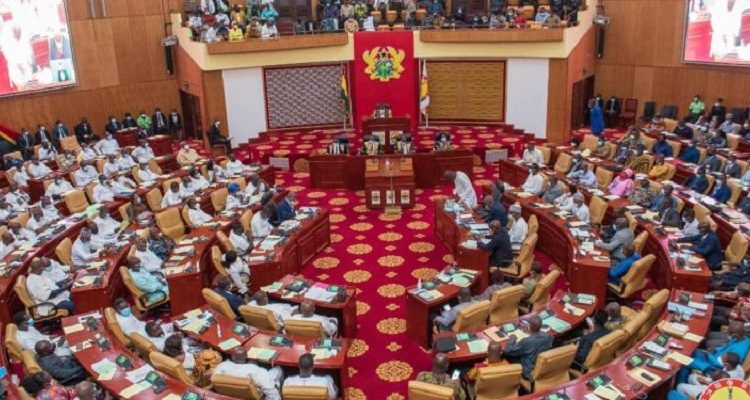Politics in our part of the world is adversarial in the public space.
The ruling government and the opposition are always engaged in fierce polemics to win the hearts of the electorate. This spectacle is worse in Parliament where each side of the divide does not want to convey to their followers that it is weak when it comes to the arguments on the floor of the House.
In spite of their display of antagonism before the cameras, these MPs retire to dine in the House’s cafeteria on the blind side of the cameras. Although these MPs are friends in their private engagements, they hardly build consensus on our development issues for the public good.
We are in multi-party democracy because as a people we have accepted that Ghana is not a monolithic society. Our democracy encourages us to seek unity in the widely diverse society as we have made strides beyond Nkrumah’s one party state and the dictatorships during the military interregnum. We are not in a perfect system of government, indeed none exists in the world.
However, our democracy is the toast of the rest of Africa and beyond. That is why we ought to guard the gains we have chalked up over the last 32 years jealously.
Since the advent of the Fourth Republic, efforts by successive governments to introduce social intervention policies have been opposed by the Minority. We recall the challenges that confronted the introduction of the GETFund under the Rawlings regime that culminated in the Kume Preko March during which some Ghanaians lost their lives.
Under the Kufuor government, the NDC Minority staged walkout from Parliament during the debate on the NHIS, showed their apprehension for the introduction of the mass transit system, Capitation Grant, youth employment and other interventions, while presently, the NDC has opposed free SHS, the digitalisation policy and the national ID cards.
With this background, we are not surprised at the behaviour of the NDC to oppose every action of the government because the NDC believes it is a sign of weakness or failure to agree with government policies. That is why we find the NDC opposition to the unprecedented increase in the producer price of cocoa a norm.
It is the usual cocoa politics the NDC has been playing to lead the farmers astray. Even when majority of farmers welcome the gesture by the government, the NDC will tell them to reject the increases. The last time a similar adjustment was made, the NDC Minority went to the farmers to tell them the NPP government had cheated them.
The NDC government did not perform any better. The NDC has always believed the best way to convince the people to vote for them is to make the NPP government look bad but not to tell the people about the policy alternatives that it would introduce to improve the well-being of the people.
Whatever happens, no single political party can rule ad infinitum. We have moved beyond the backward era of the divine right of kings, during which a few privileged people felt they were anointed to rule. The journey from post-colonial era to date has been rough, so thorny that some had concluded that Ghana was headed for a failed state. Such characters of little faith were mistaken.


